Introduction to the Joy of Chess
Chess, an ancient board game that originated over a millennium ago, continues to captivate millions of enthusiasts worldwide, transcending age, culture, and geography. Known for its simple set of rules and infinite possibilities, the game of chess is a universal symbol of strategic thinking and intellectual prowess. However, beyond its reputation as a serious mental challenge, chess offers layers of enjoyment and excitement that make it a uniquely fun game for players of all skill levels.
The Intellectual Thrill
One of the primary reasons chess is considered fun is the intellectual satisfaction it provides. Each move on the chessboard opens up a universe of new possibilities and tactics. For many, the joy of chess lies in devising strategies to outsmart the opponent, foreseeing potential threats, and navigating complex situations. This continuous problem-solving process is intellectually stimulating and can be immensely gratifying.
Strategy and Creativity
Chess requires a deep understanding of strategies and an ability to think several moves ahead. Developing and executing a strategy offers a creative outlet, as players craft plans based on their understanding and anticipation of the opponent's moves. This blend of strategy and creativity keeps the game endlessly fascinating and fun.
Improving Over Time
Another aspect of chess that many find enjoyable is the clear path of progression and improvement. As players learn more about the game, from opening principles to endgame strategies, they can visibly track their improvement. This progression can be incredibly rewarding and motivates players to continue developing their skills.
Social Interactions
Chess is often perceived as a solitary game, but it also possesses a strong social component that adds to its enjoyment. Playing chess can strengthen old friendships and foster new ones. Whether in person at clubs and cafes, or online through various platforms, chess encourages interaction and competition among friends and strangers alike.
Chess as a Cultural Connector
The universal appeal of chess means it acts as a bridge between diverse cultures, bringing people together across different backgrounds. International tournaments and online chess forums help unite a global community where all share at least one interest: the love for the game.
Family and Educational Tool
Chess is also a fun and effective tool for education and family bonding. Teaching chess to children can help develop important cognitive skills such as problem-solving, logical reasoning, and decision-making. Moreover, as a game suitable for all ages, it can become a treasured family pastime that brings different generations together.
The Competitive Excitement
The element of competition in chess can convert every game into an exciting battle of wits. The thrill of competition, coupled with the unpredictability of each game's outcome, makes chess an exhilarating experience. Whether competing in local clubs, school tournaments, or international arenas, the drive to win is a fun and compelling part of playing chess.
Psychological Battle
Chess is not just a battle on the board; it's also a psychological duel. Players often try to outthink and outmaneuver their opponents not only with moves but also through psychological tactics. This mental battle can be both challenging and enjoyable, adding an extra layer of fun to the game.
Timeless Appeal
Despite its ancient origins, chess has not only endured but thrived in the modern age. Its adaptability to current tech trends, like online gaming and AI challenges, continues to keep the game fresh and engaging. The ability to play against people from all over the world any time of the day has made chess more accessible and enjoyable than ever before.
Conclusion
Chess is much more than just a pastime or mental exercise; it is a source of joy and fun for people around the globe. Whether it's the thrill of competition, the intellectual challenge, the creative strategy crafting, or the social interactions it fosters, chess can be an immensely rewarding and enjoyable game. So the next time someone asks why chess is fun, you’ll know that the reasons are as numerous and diverse as the game’s many possible moves.
Explore our large collection of luxurious chess sets!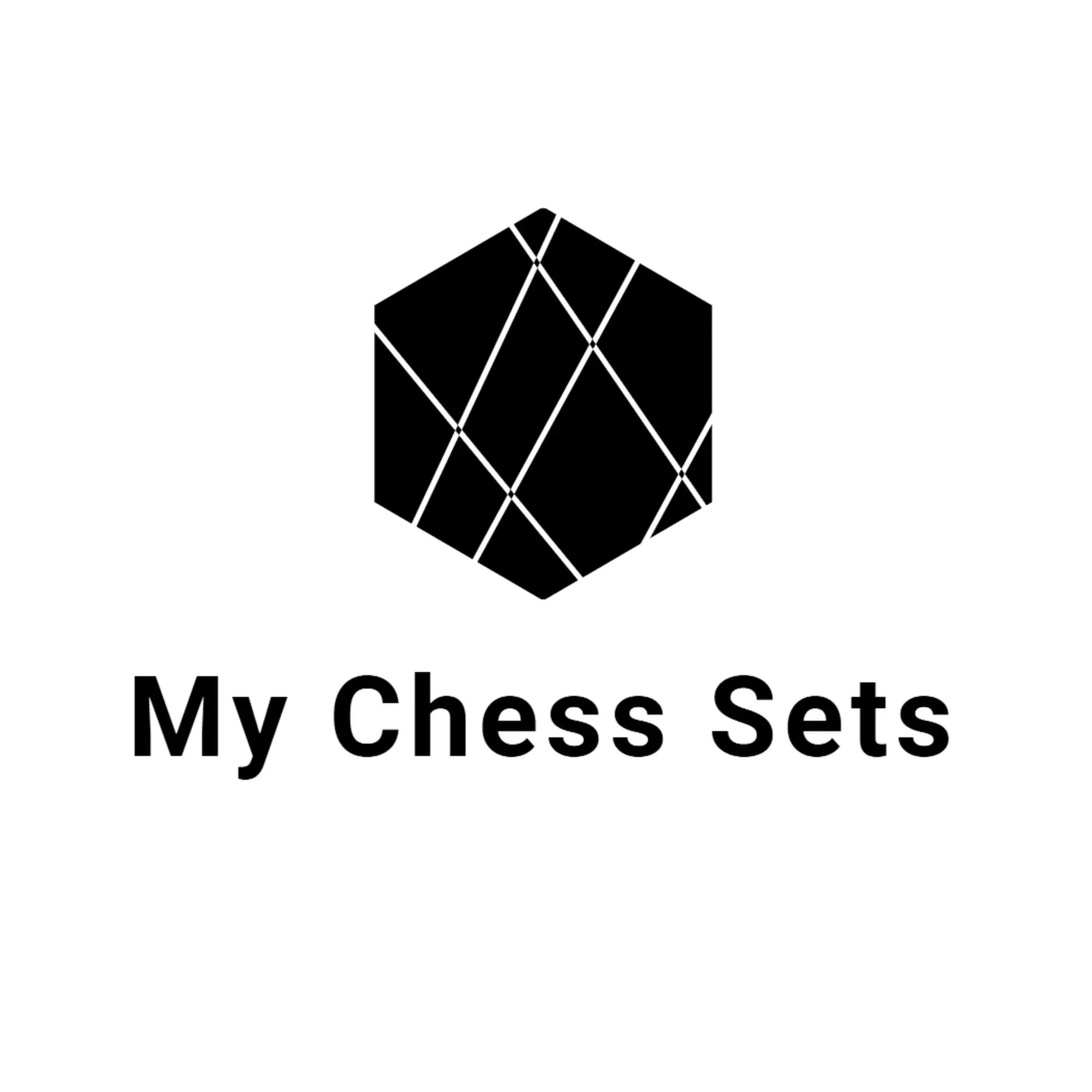

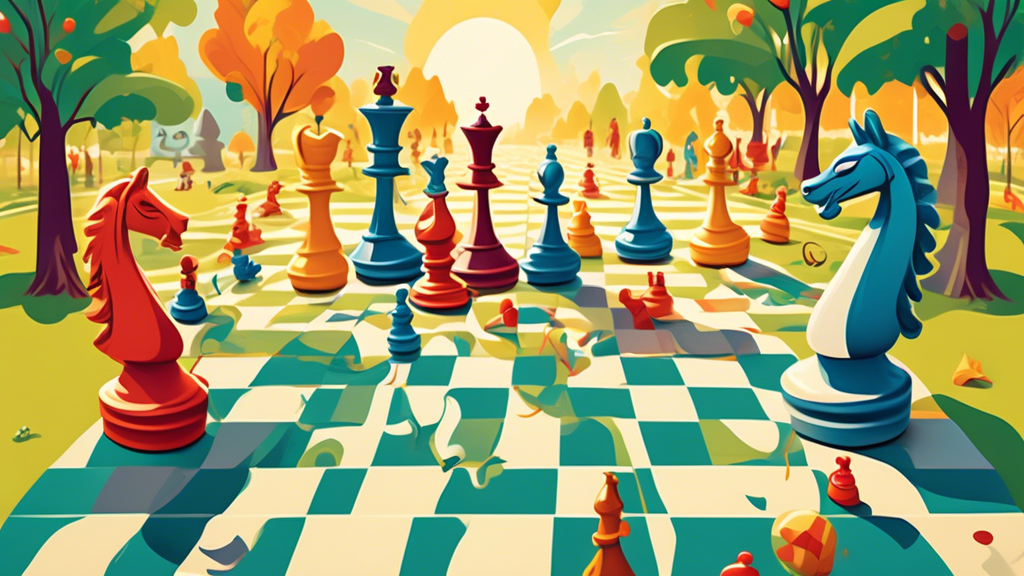
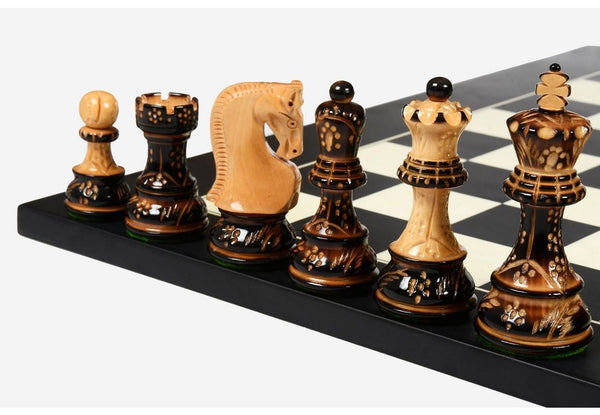
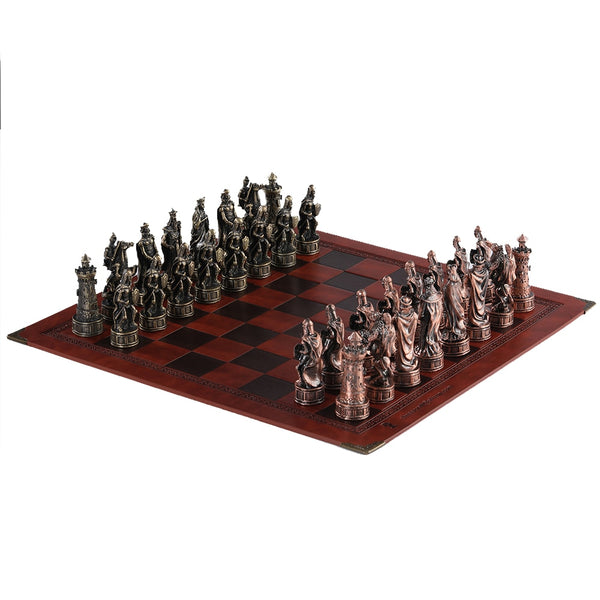

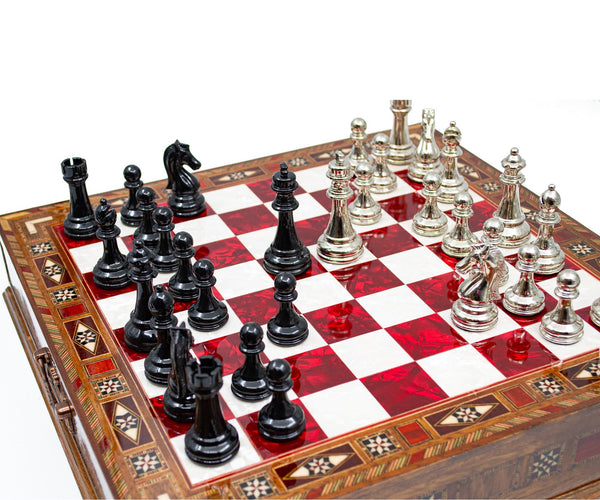
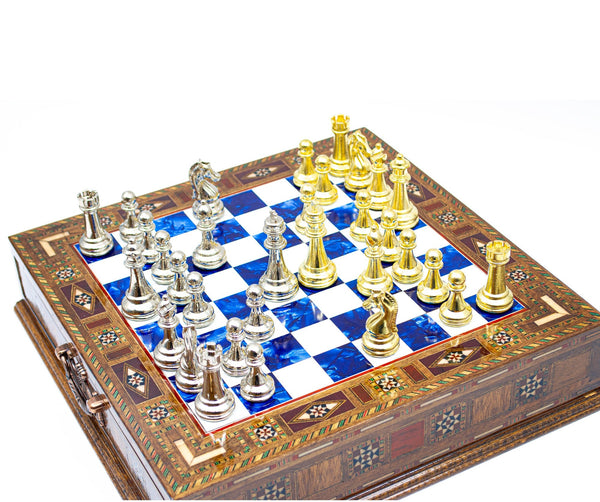
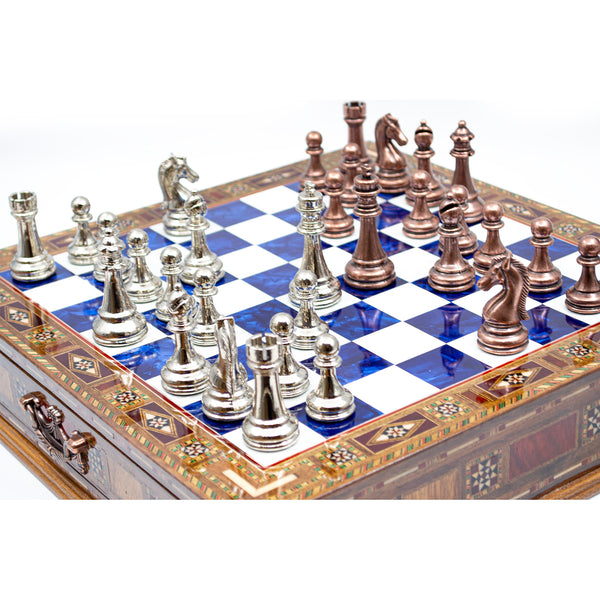
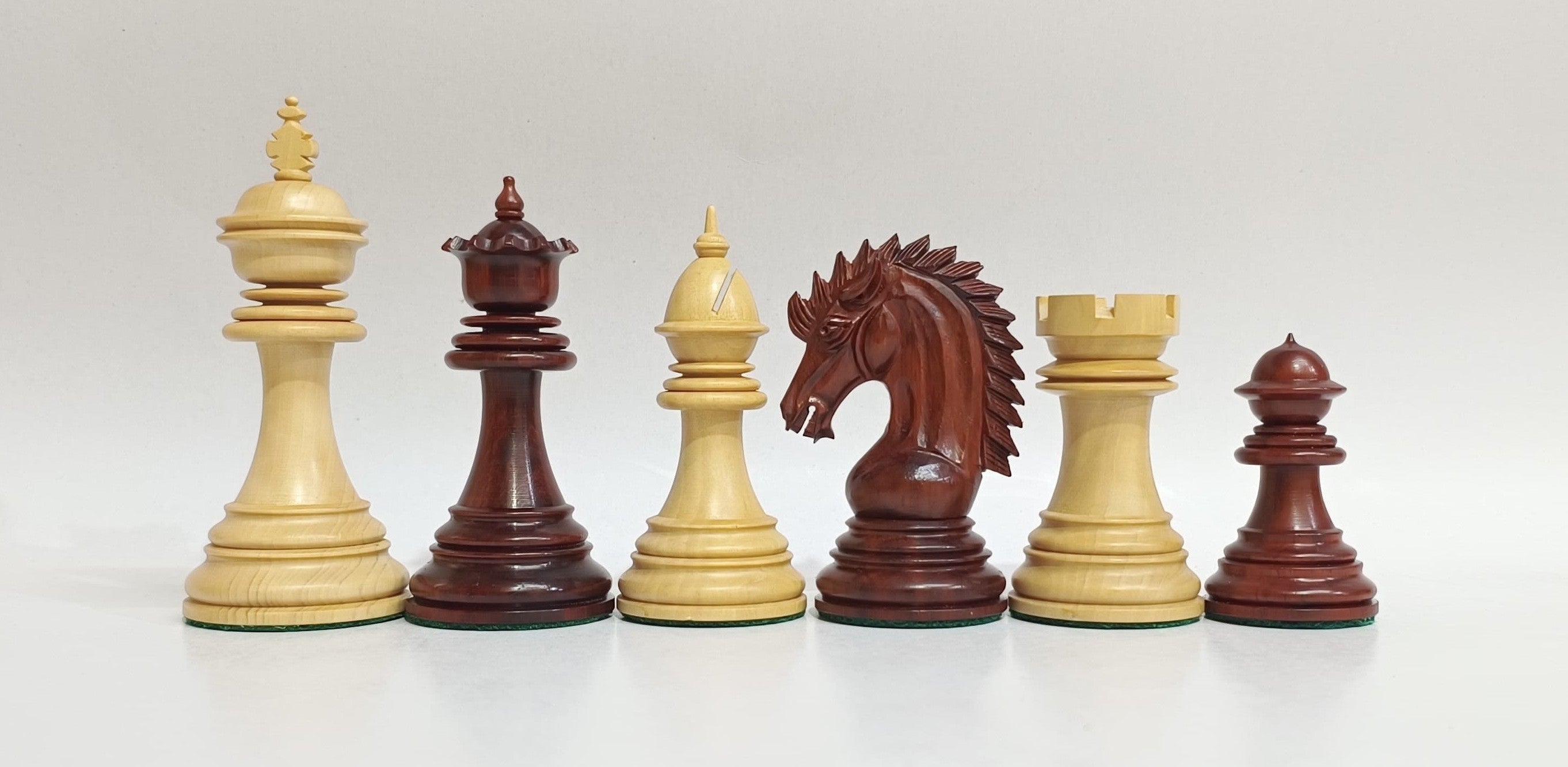
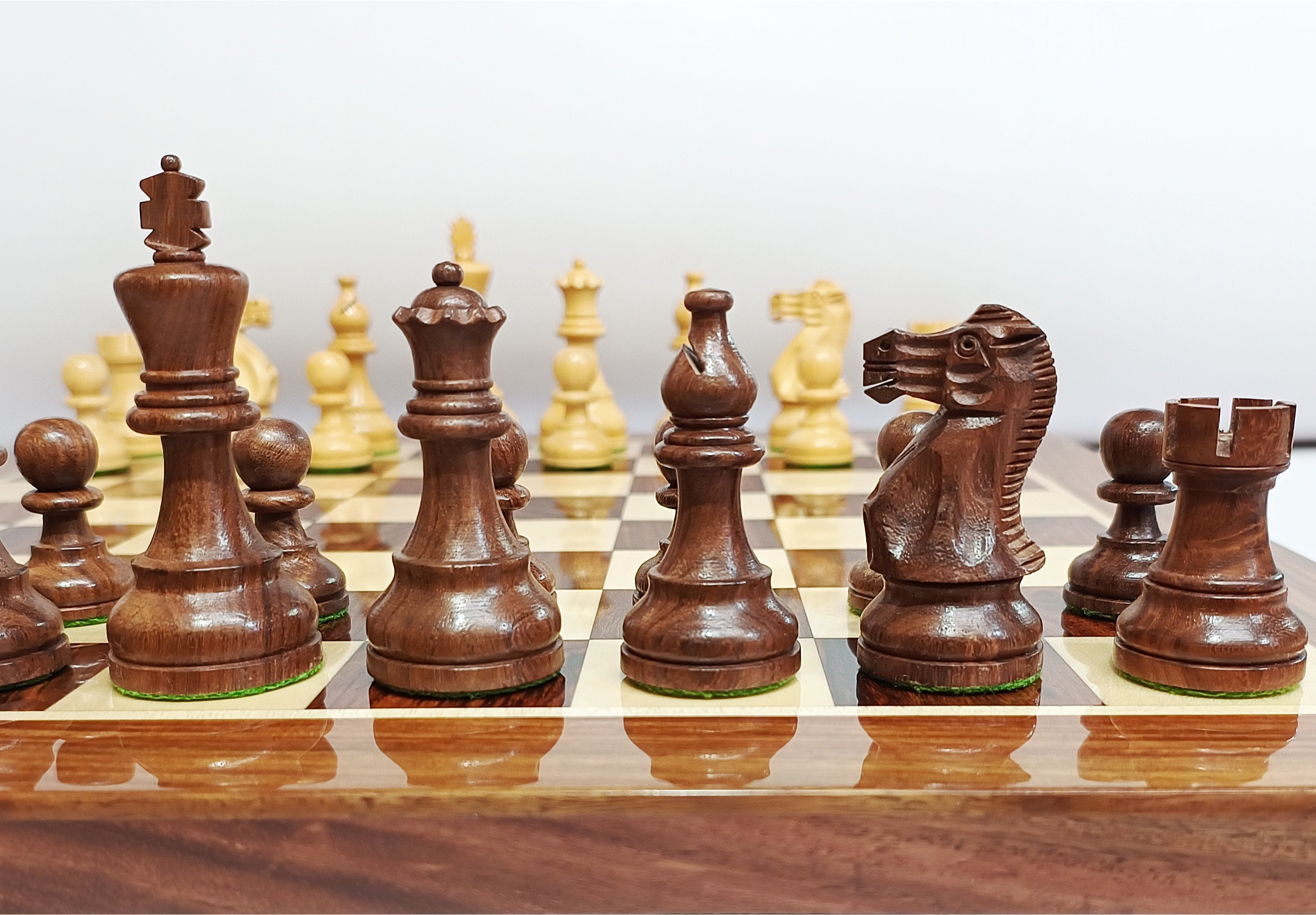

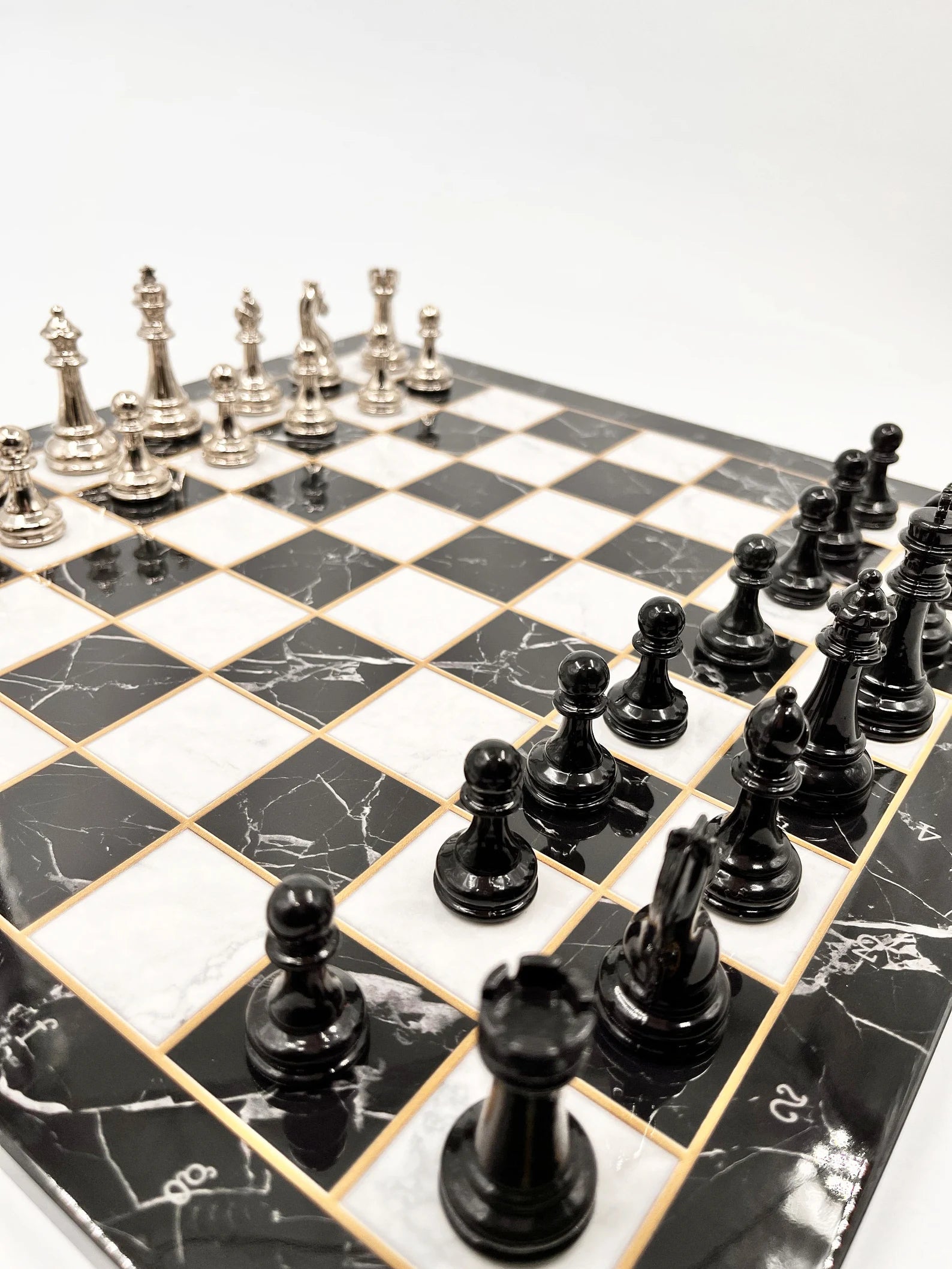
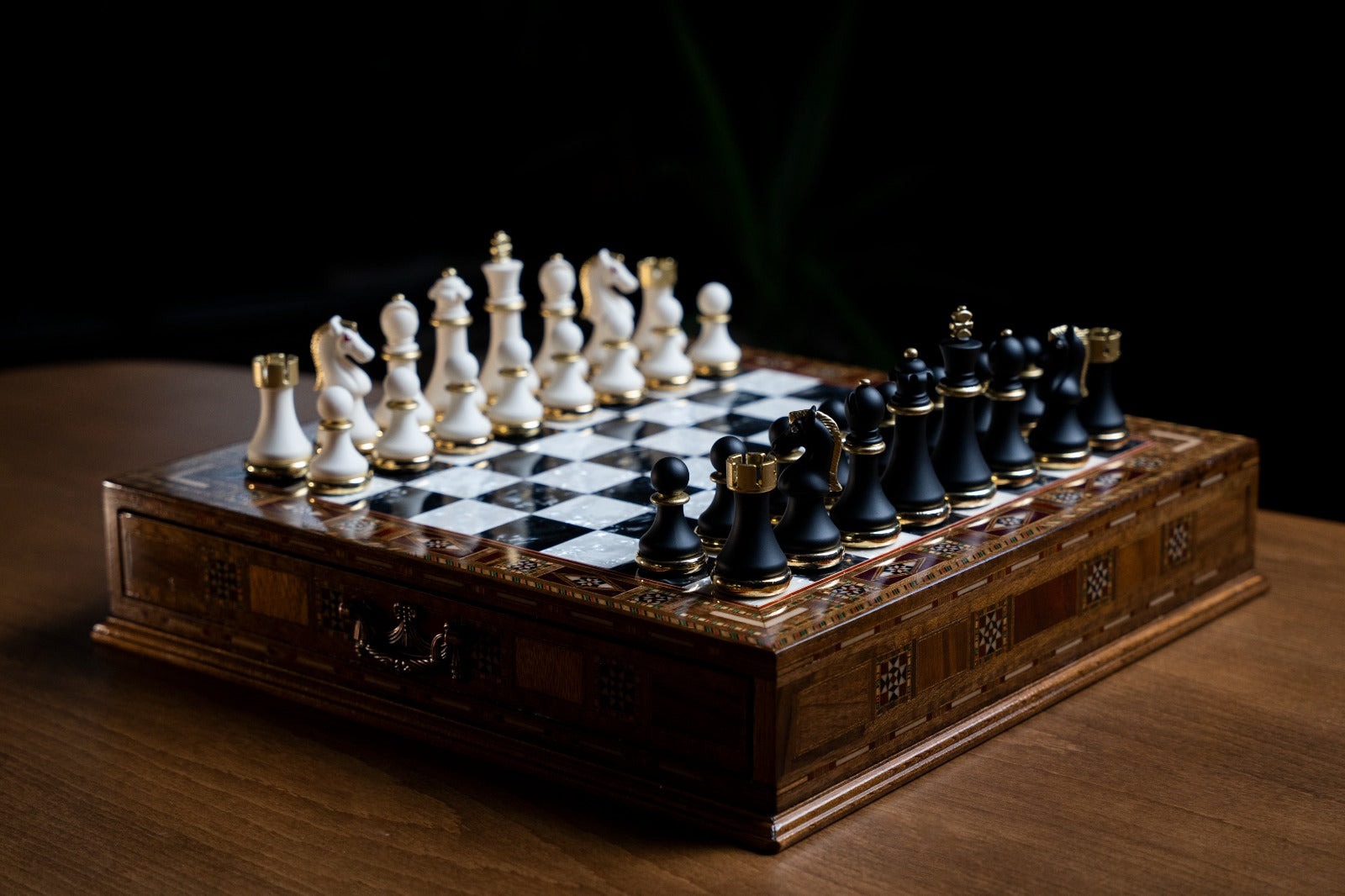
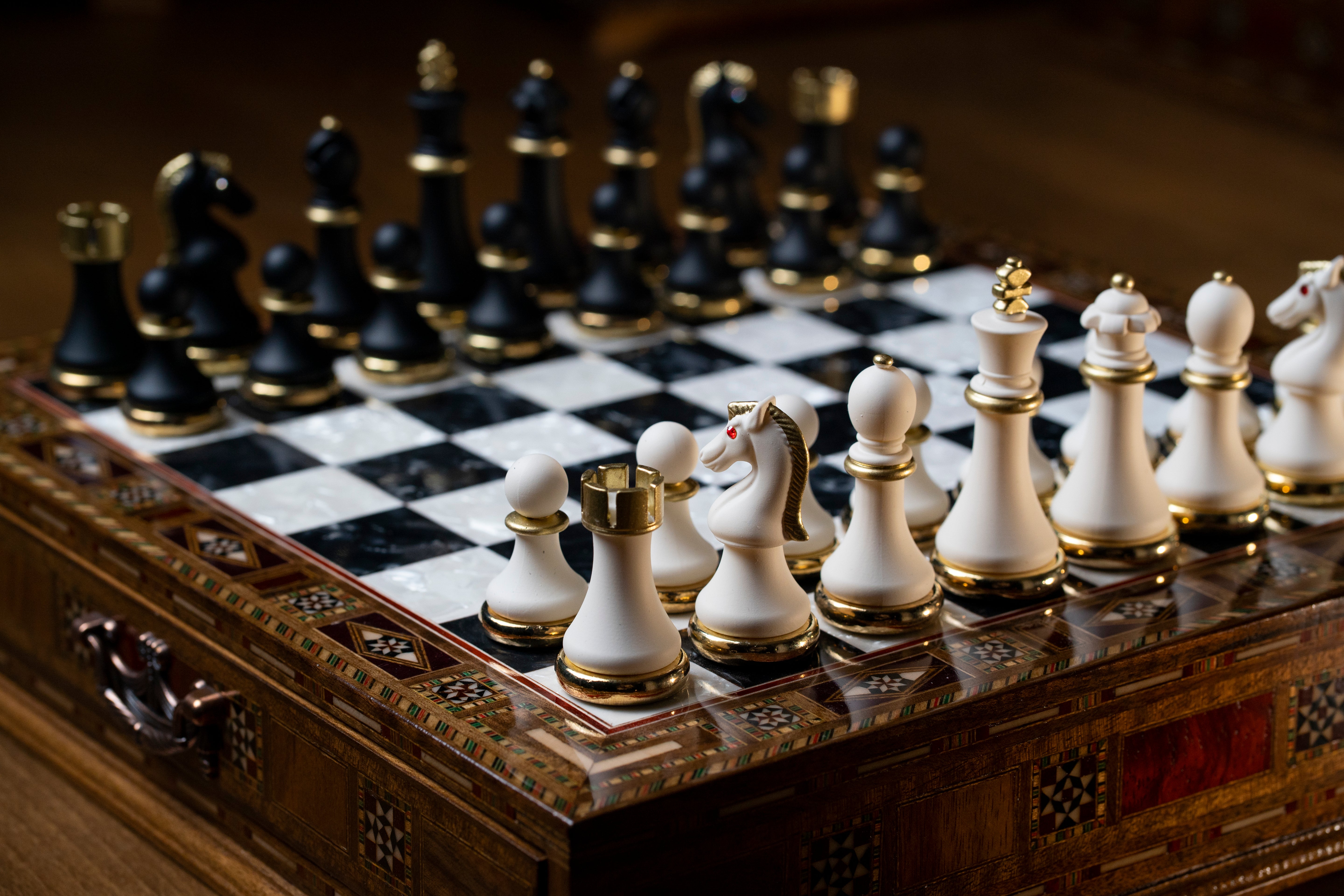
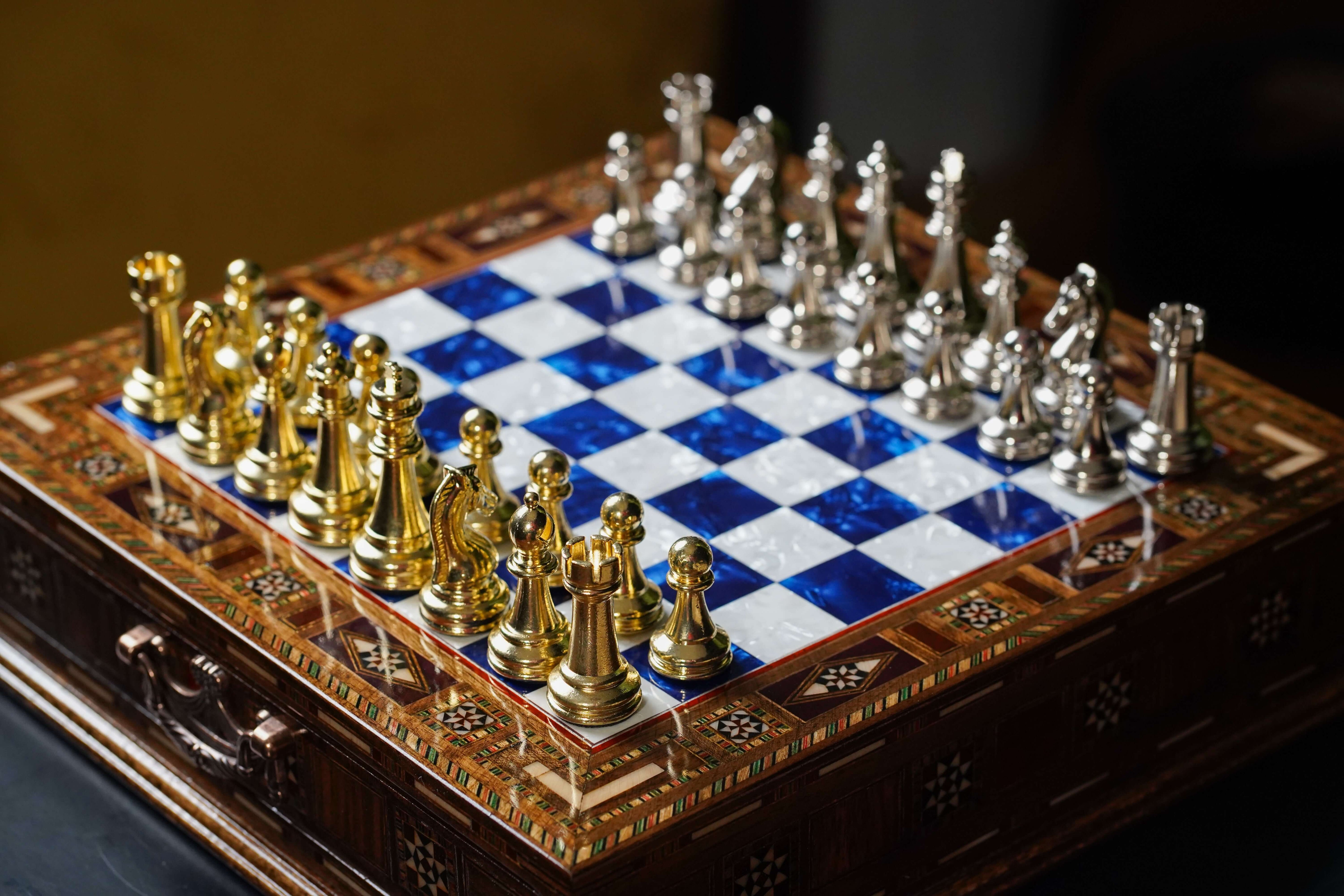
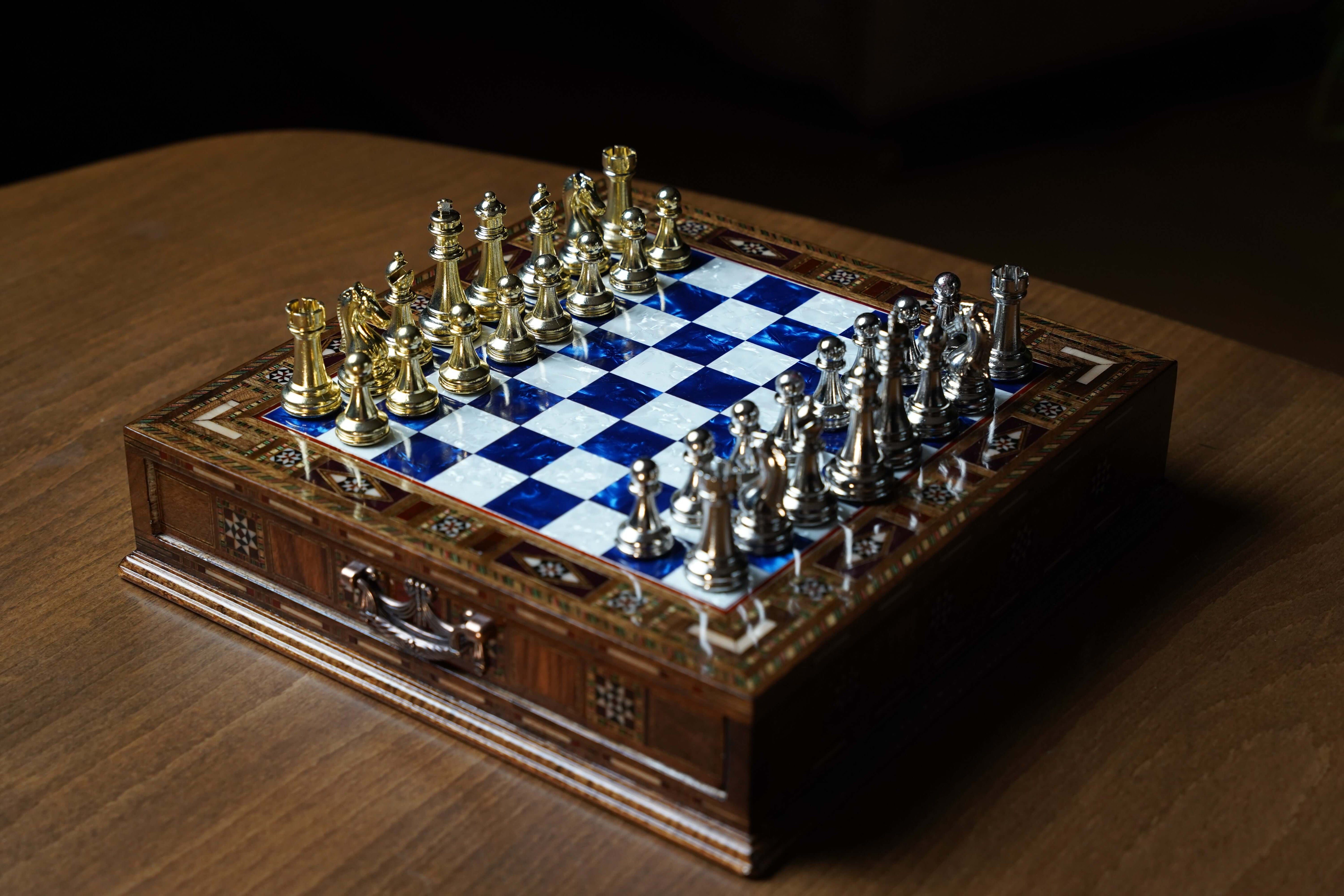


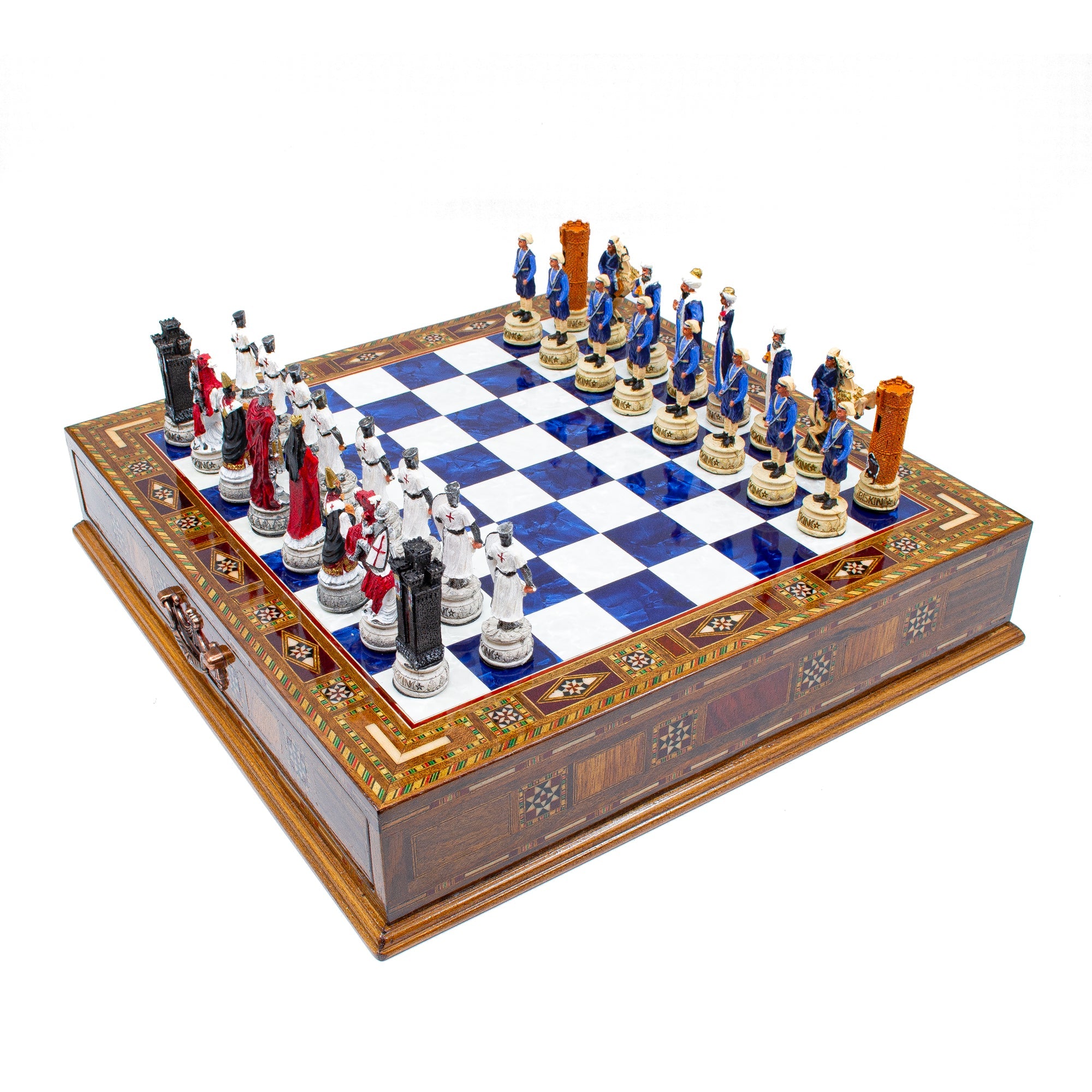
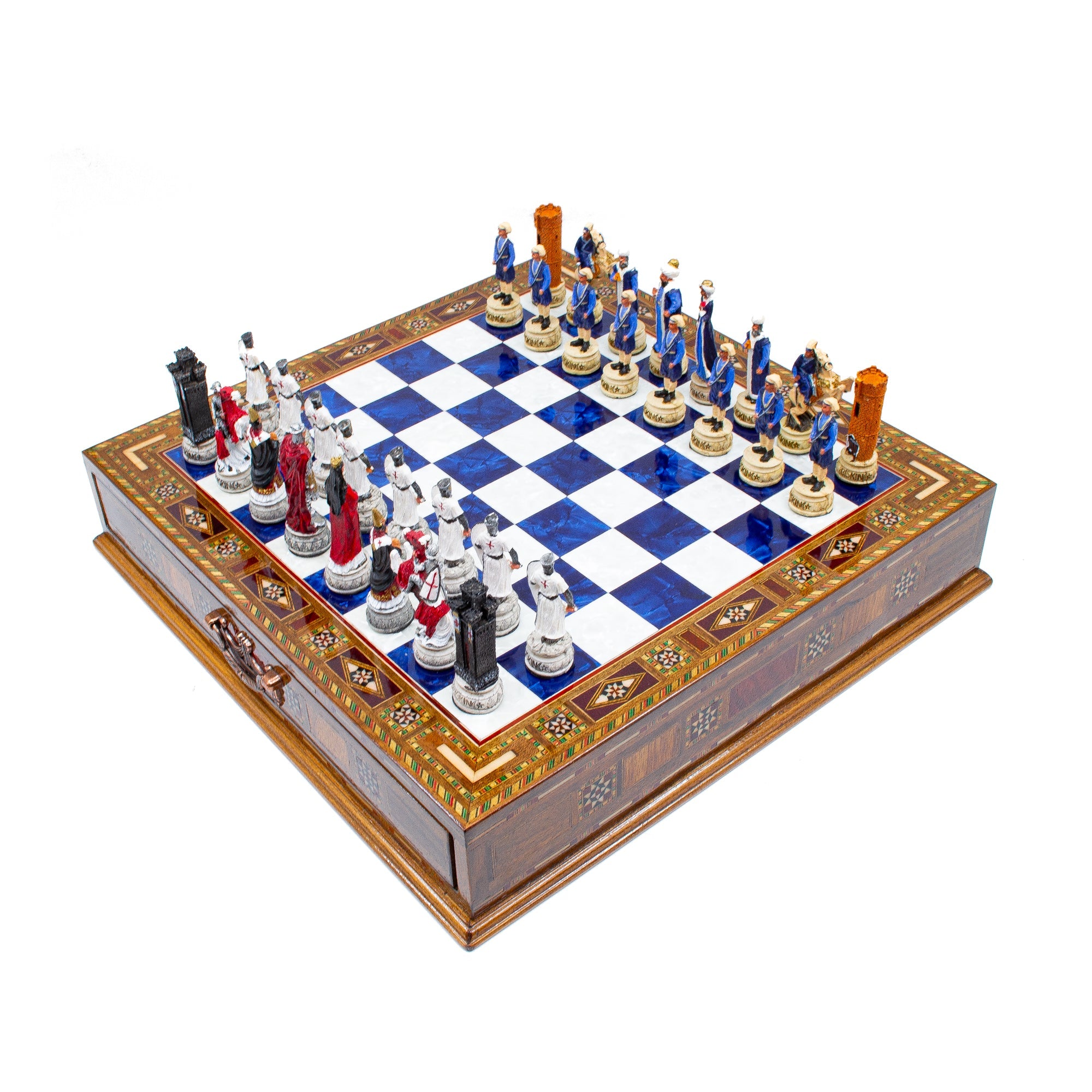
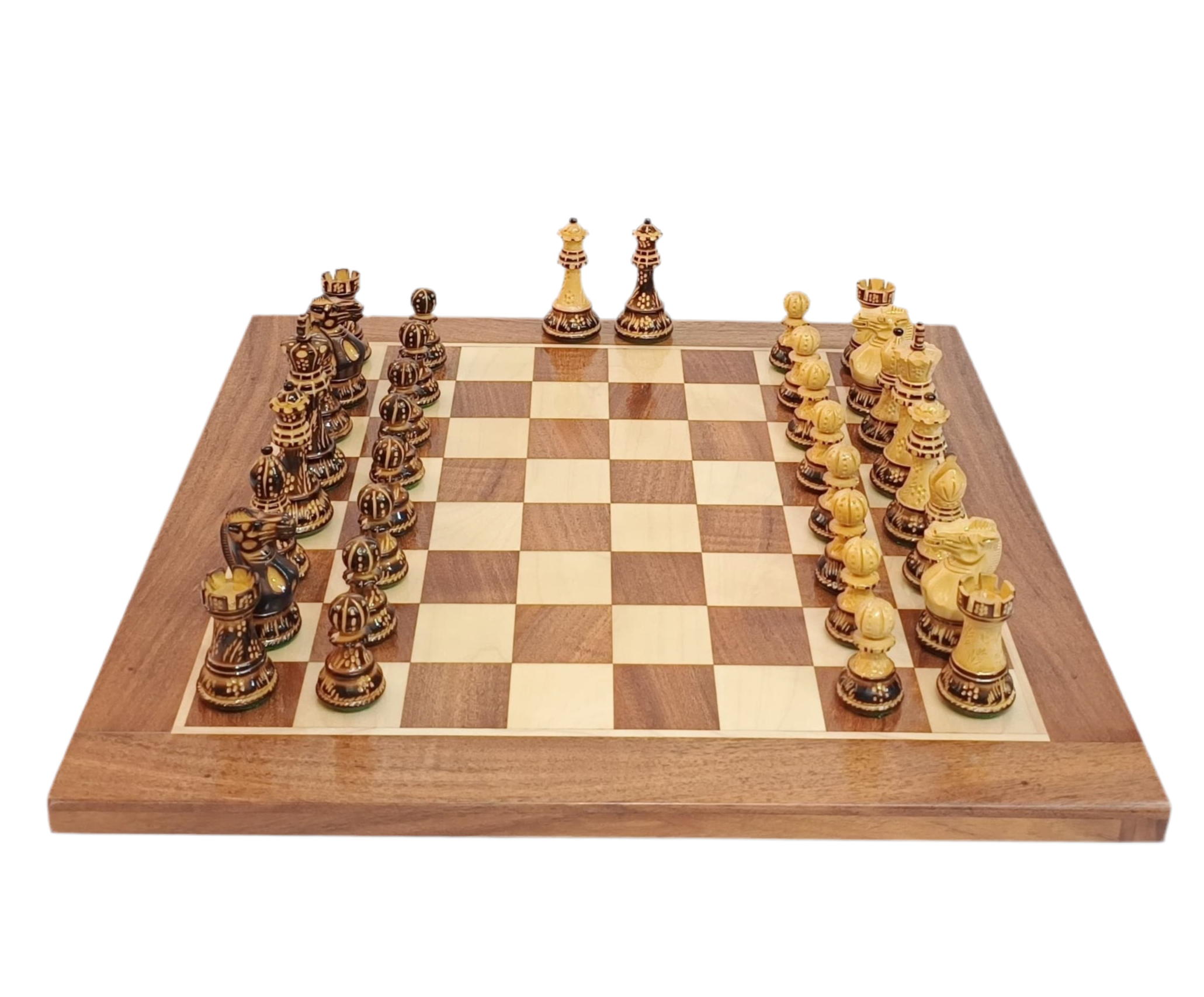
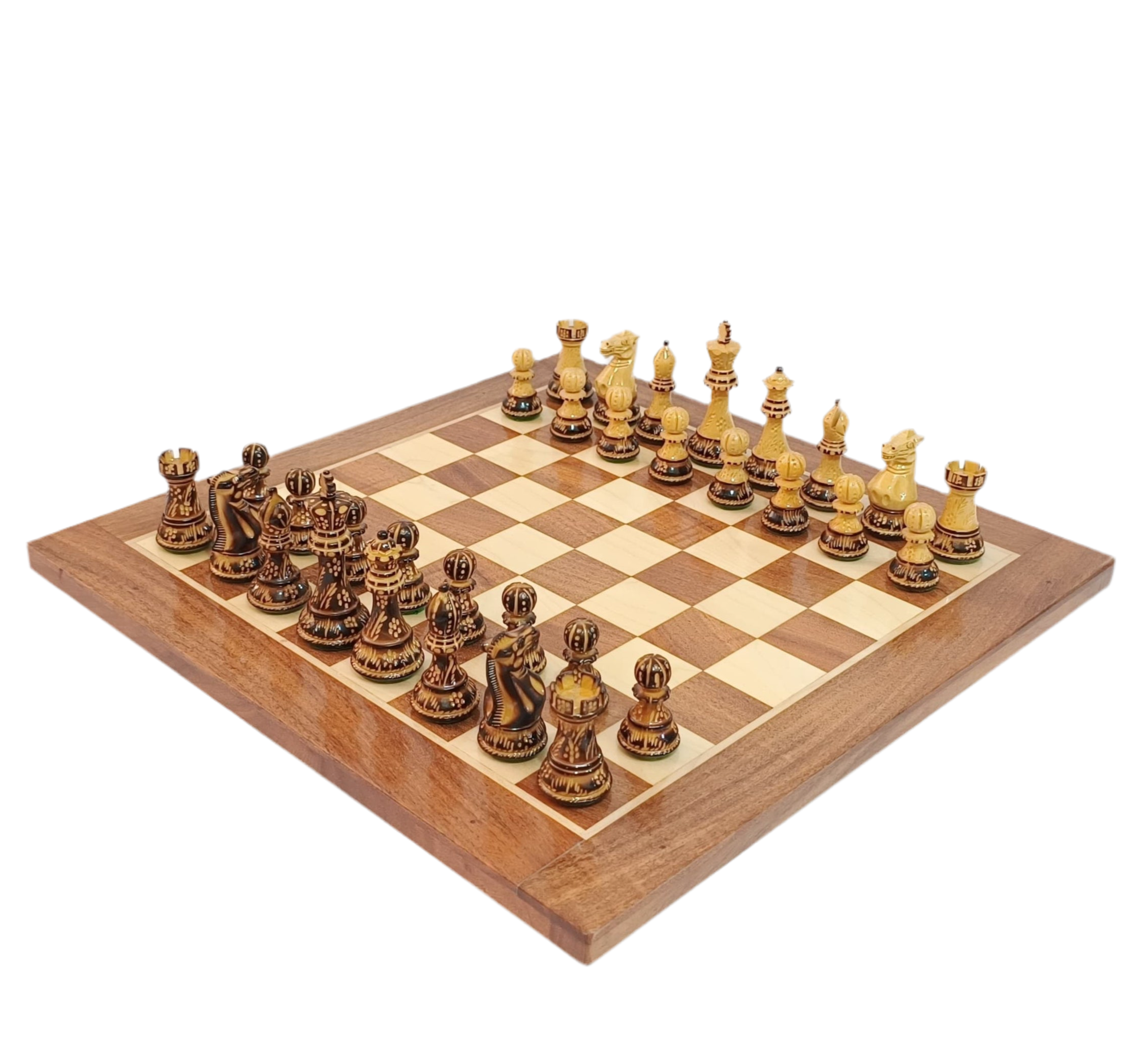

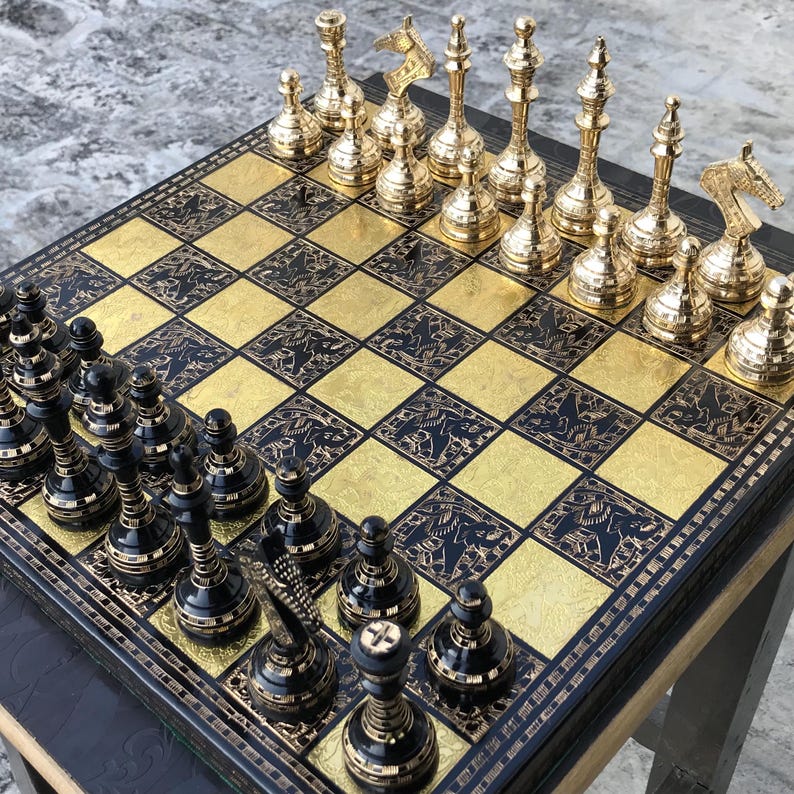


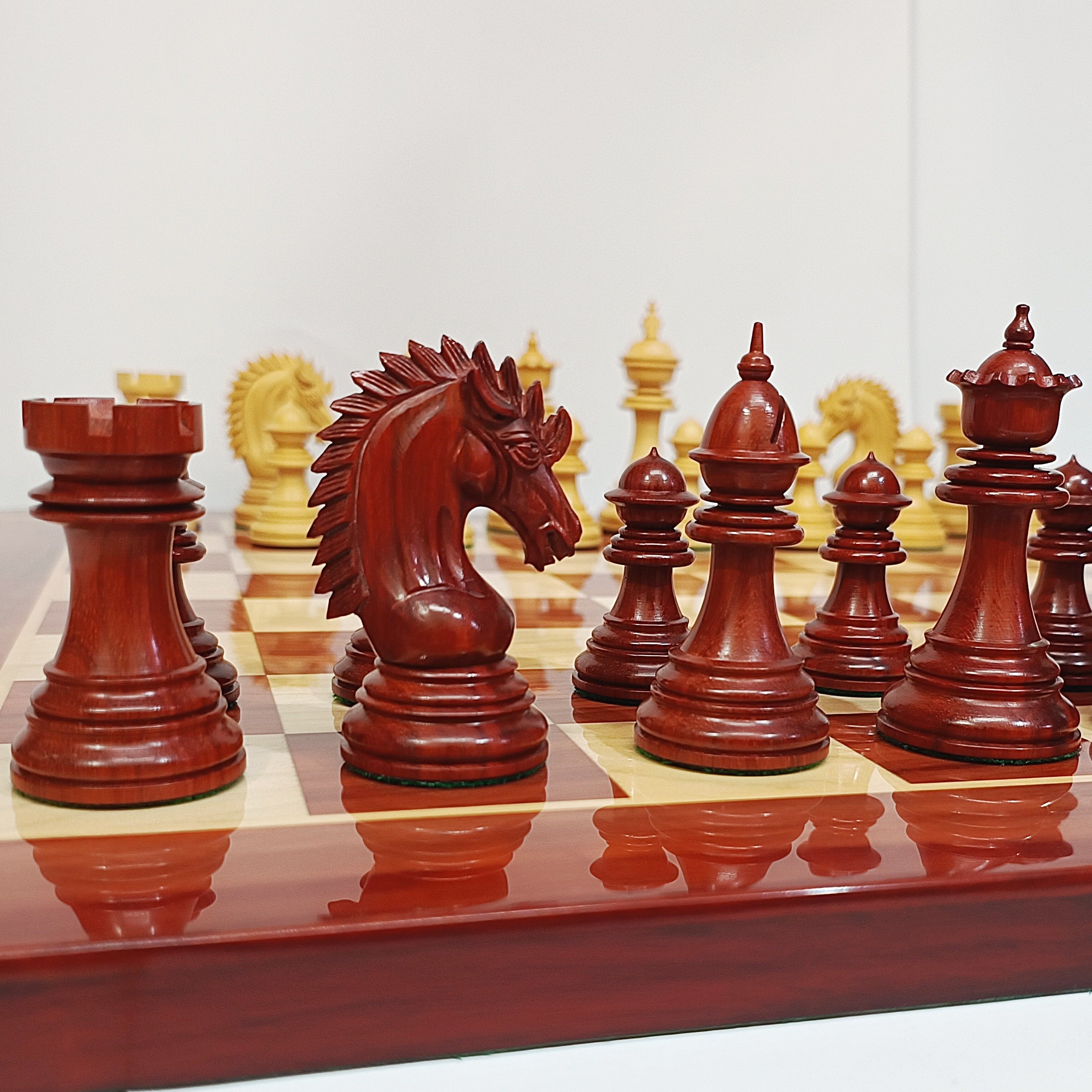
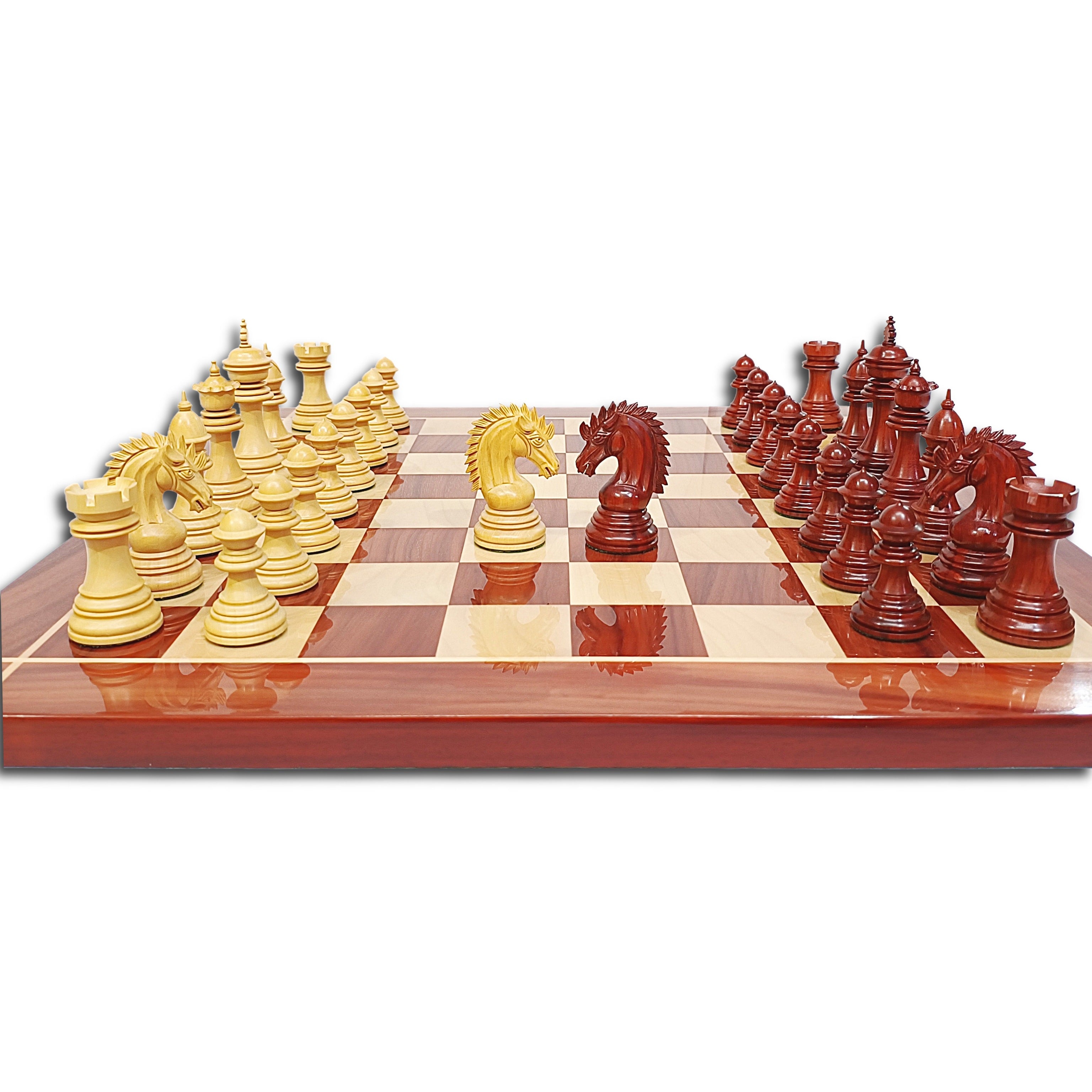
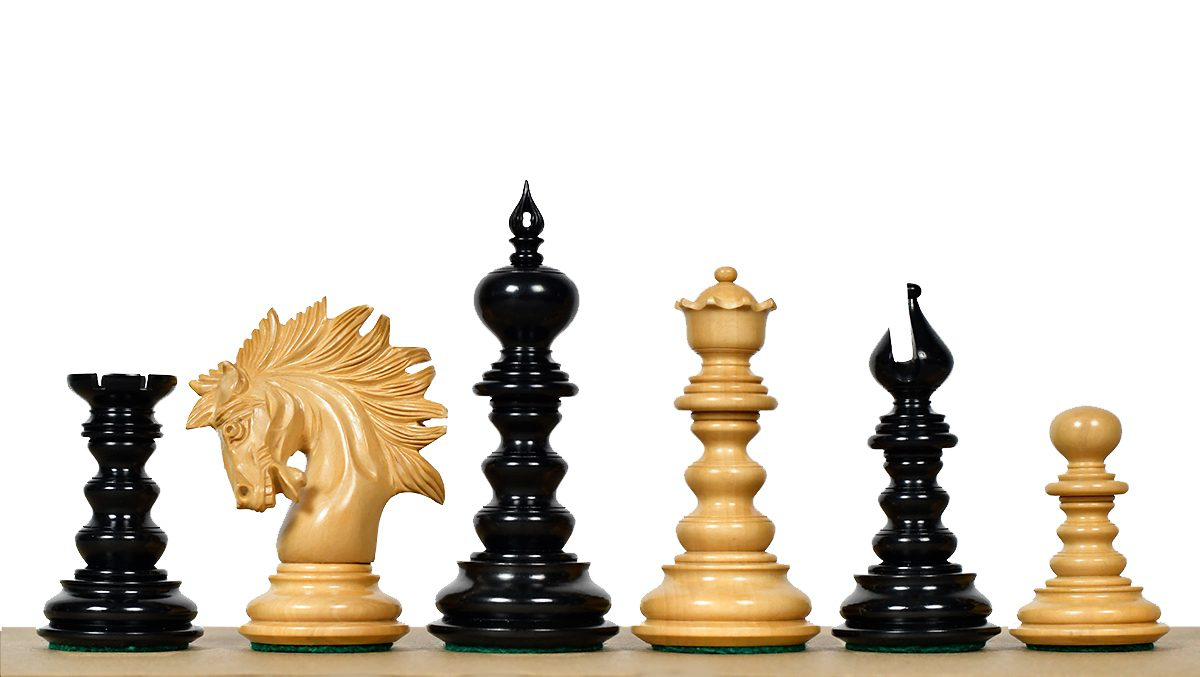
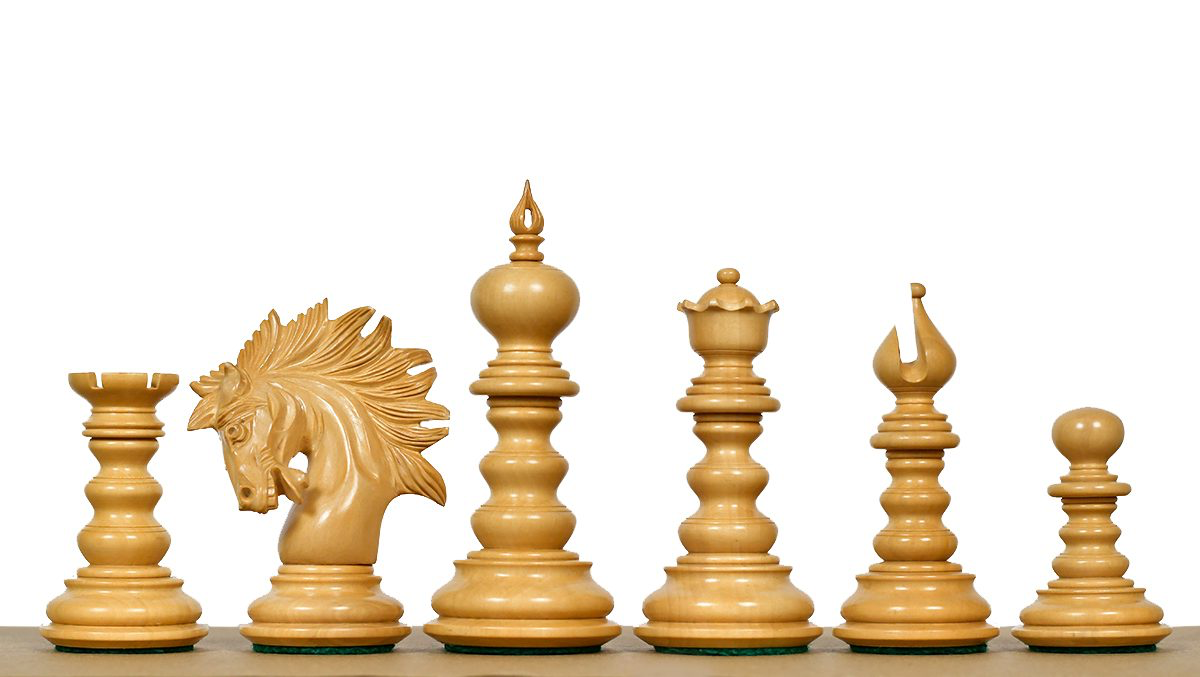
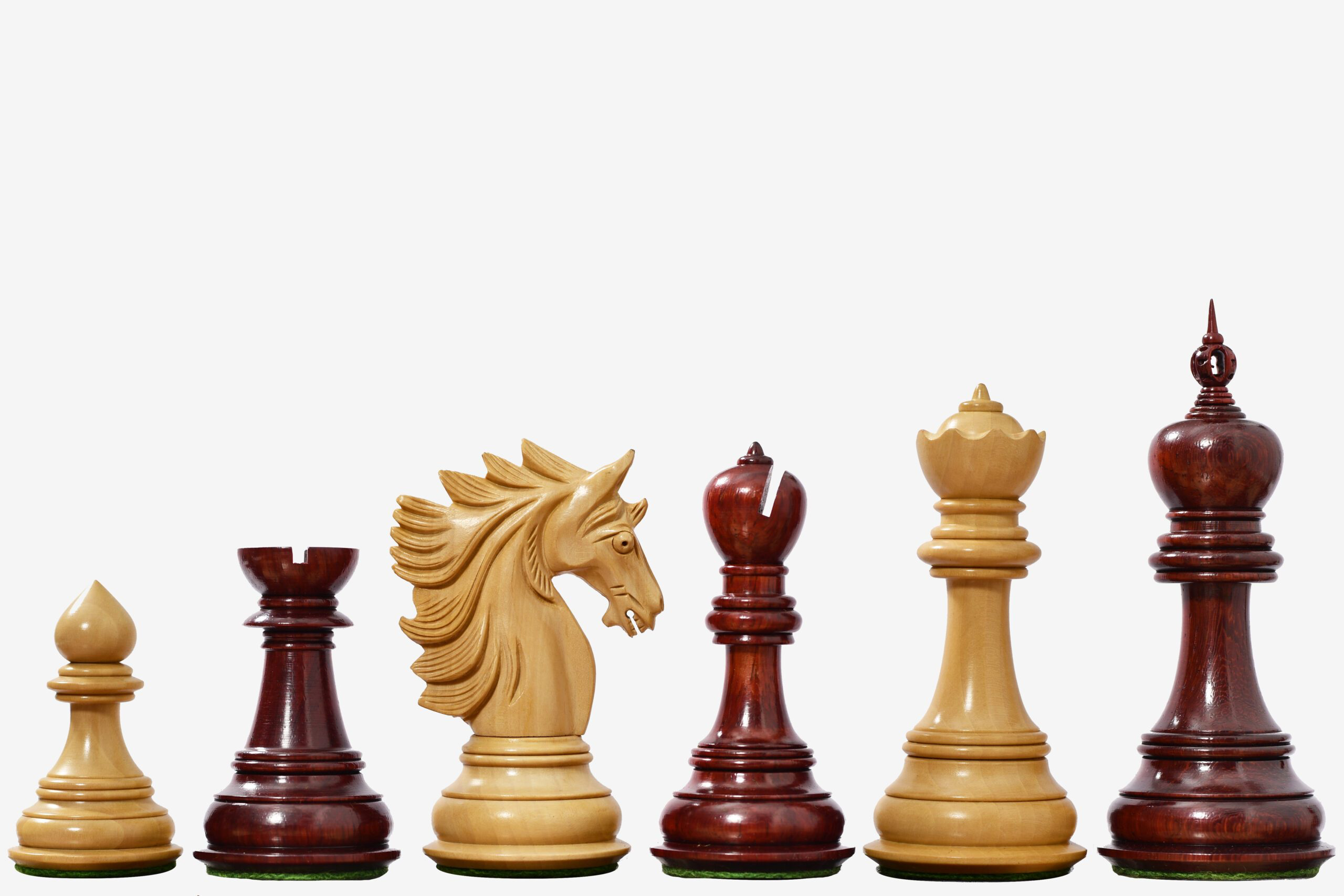
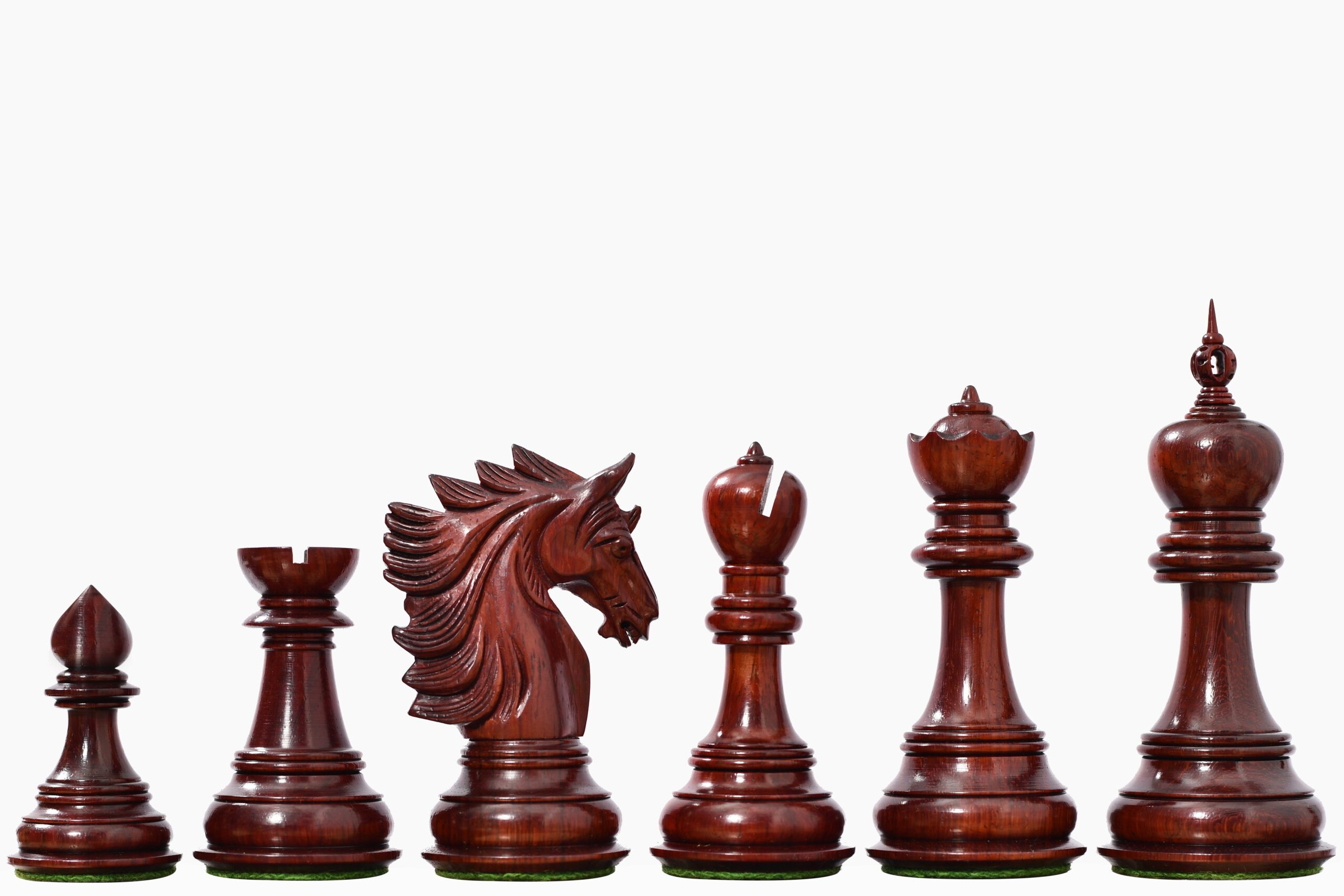
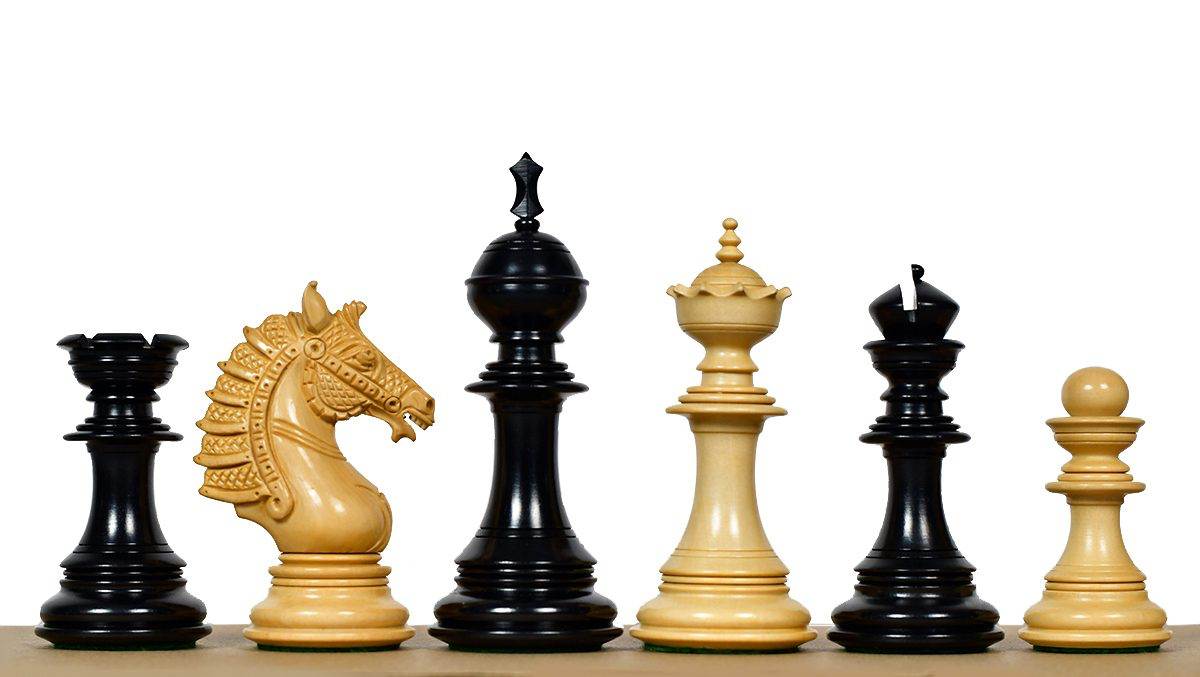
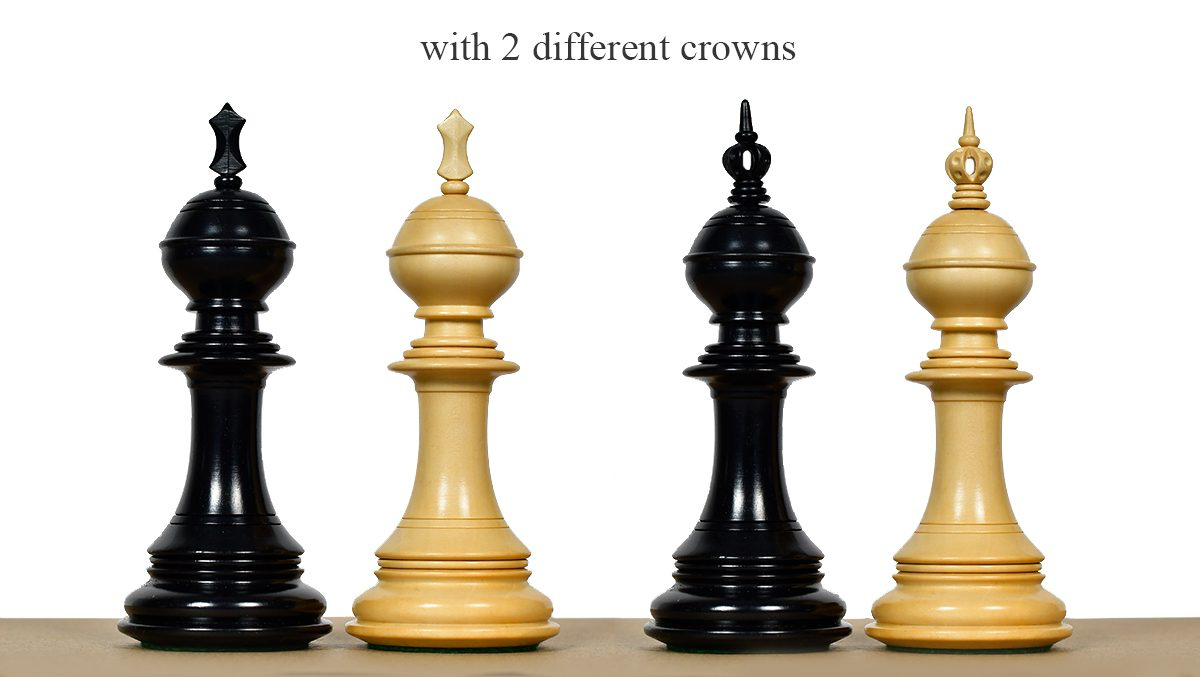
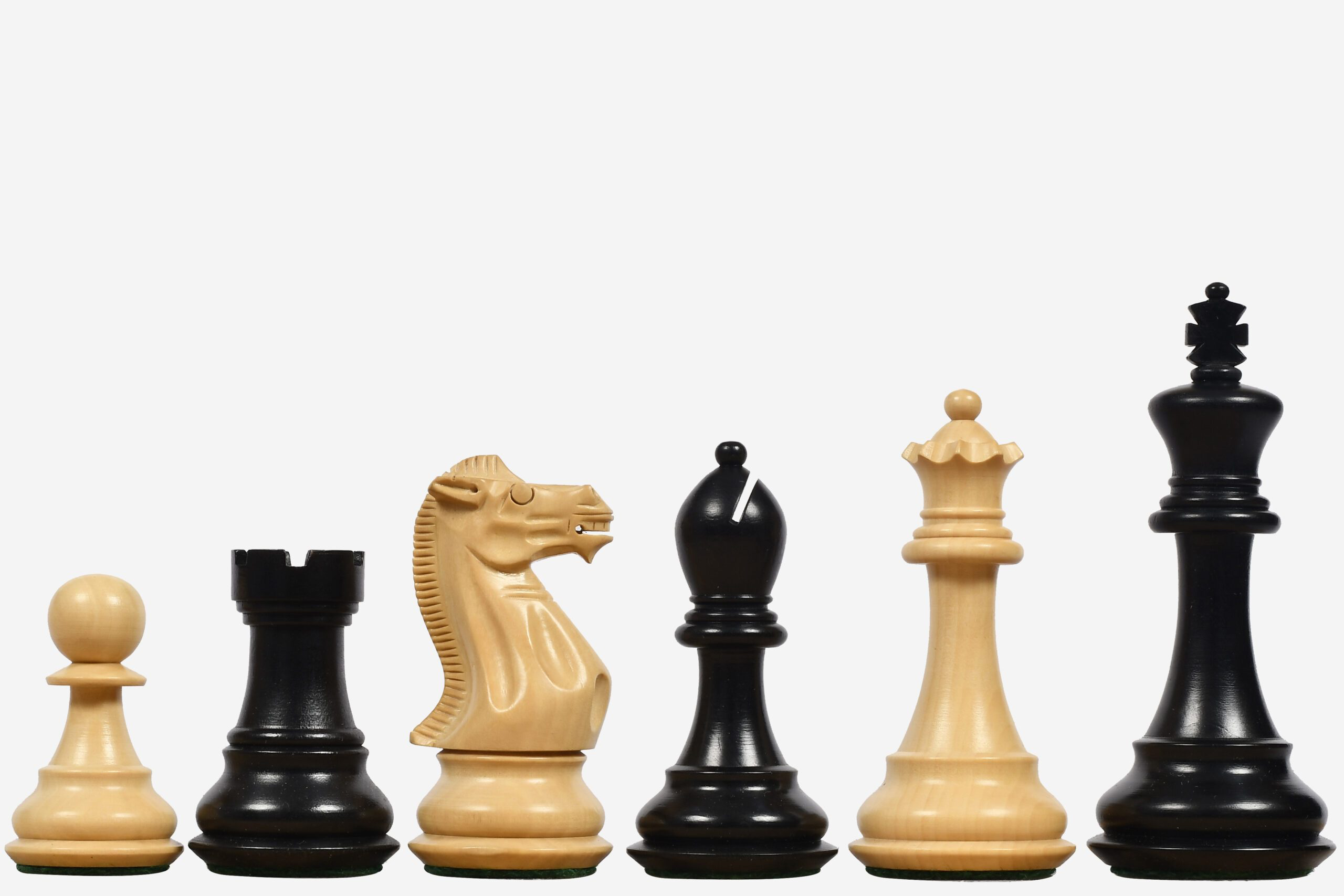
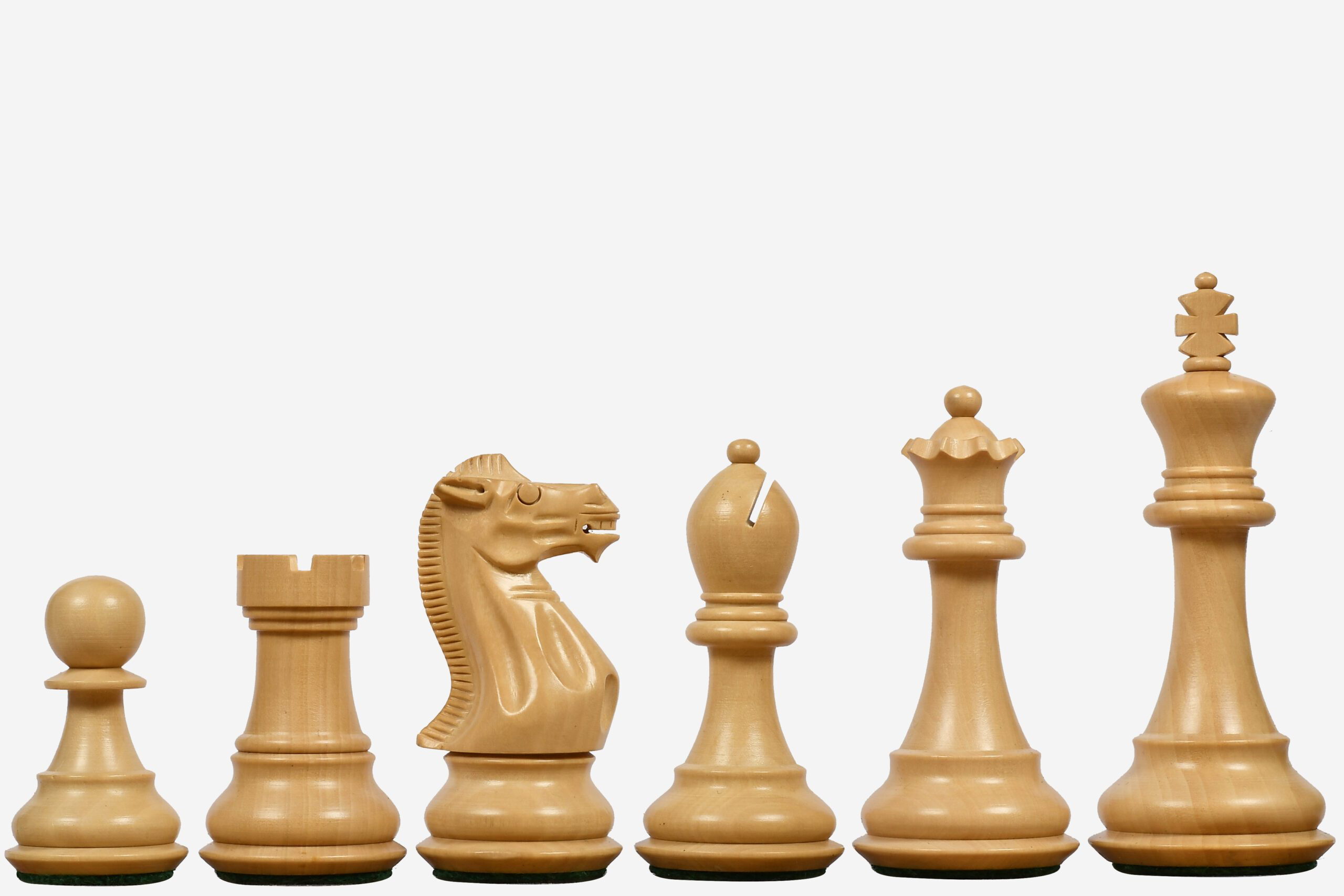
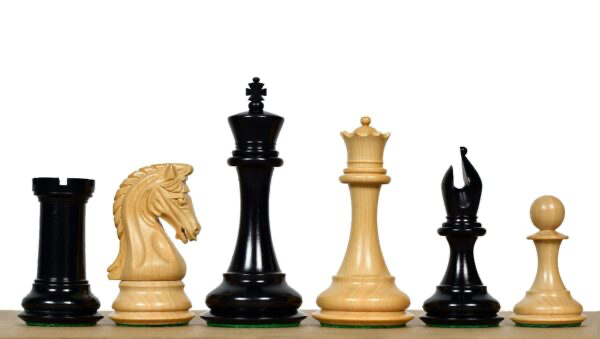
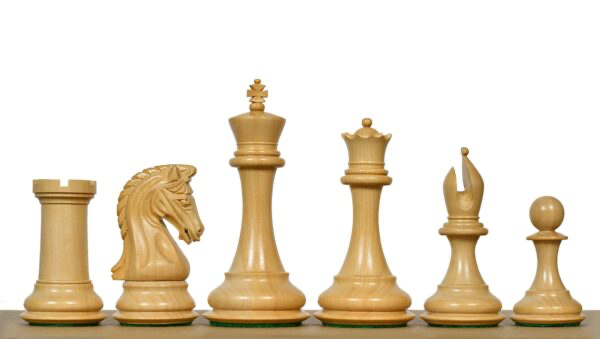

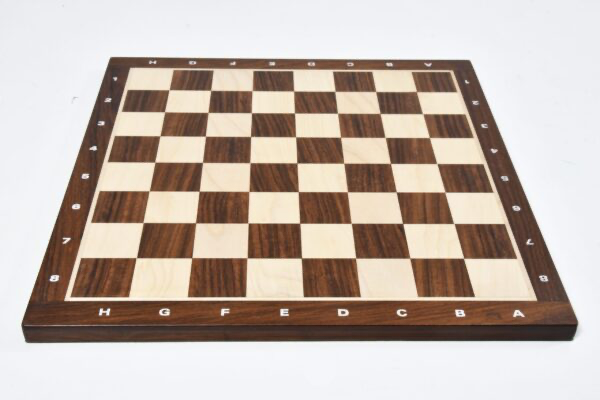

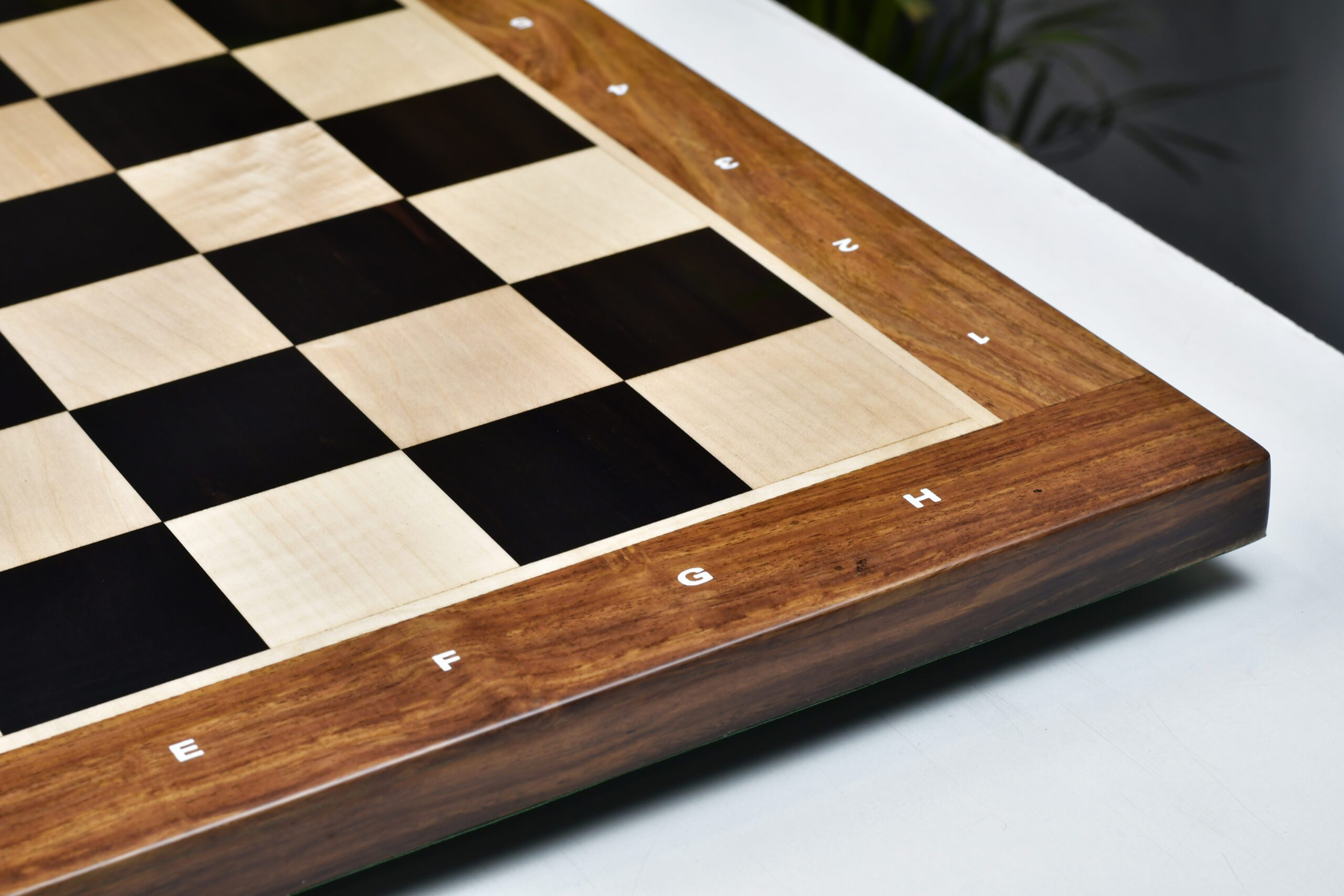
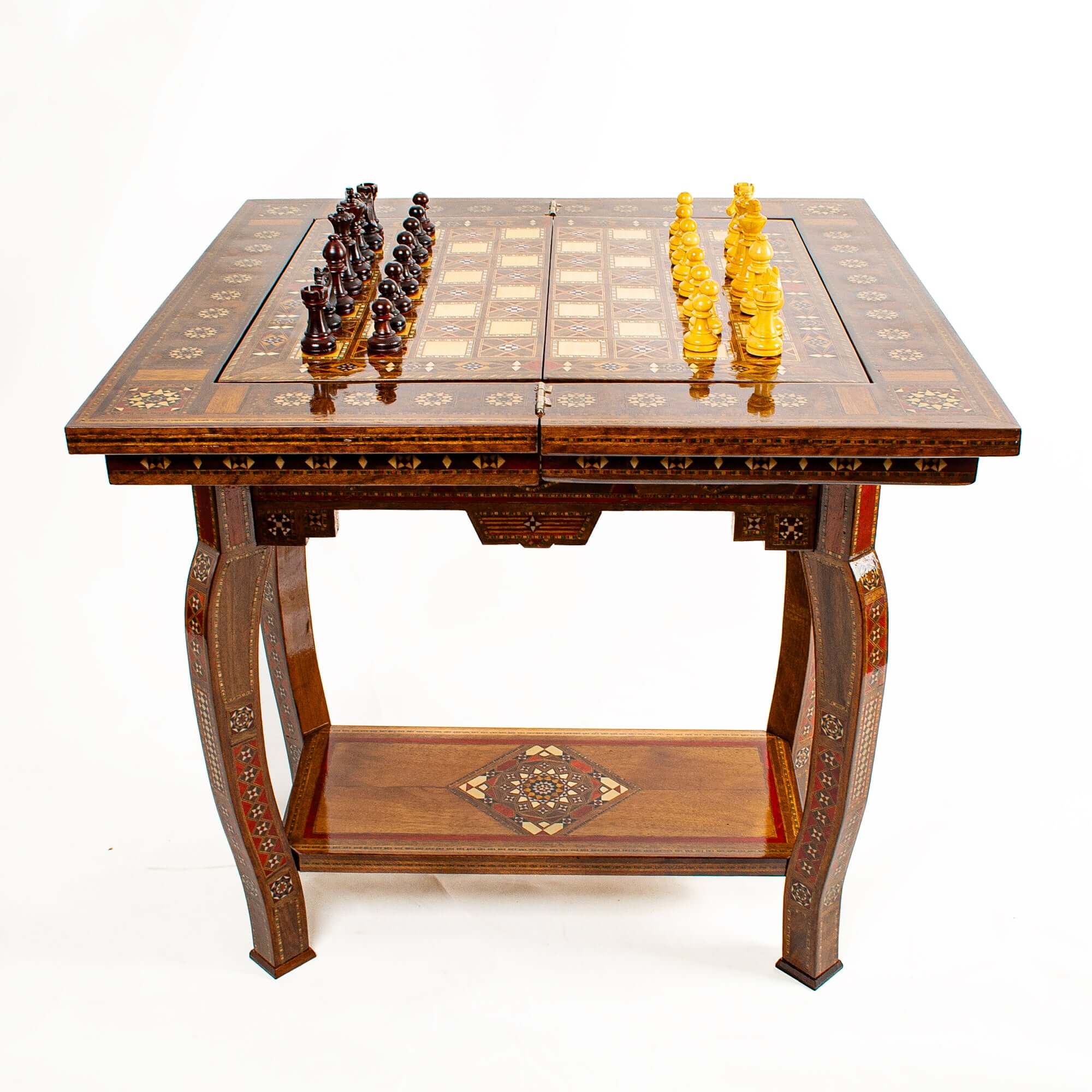

Leave a comment
All comments are moderated before being published.
This site is protected by hCaptcha and the hCaptcha Privacy Policy and Terms of Service apply.